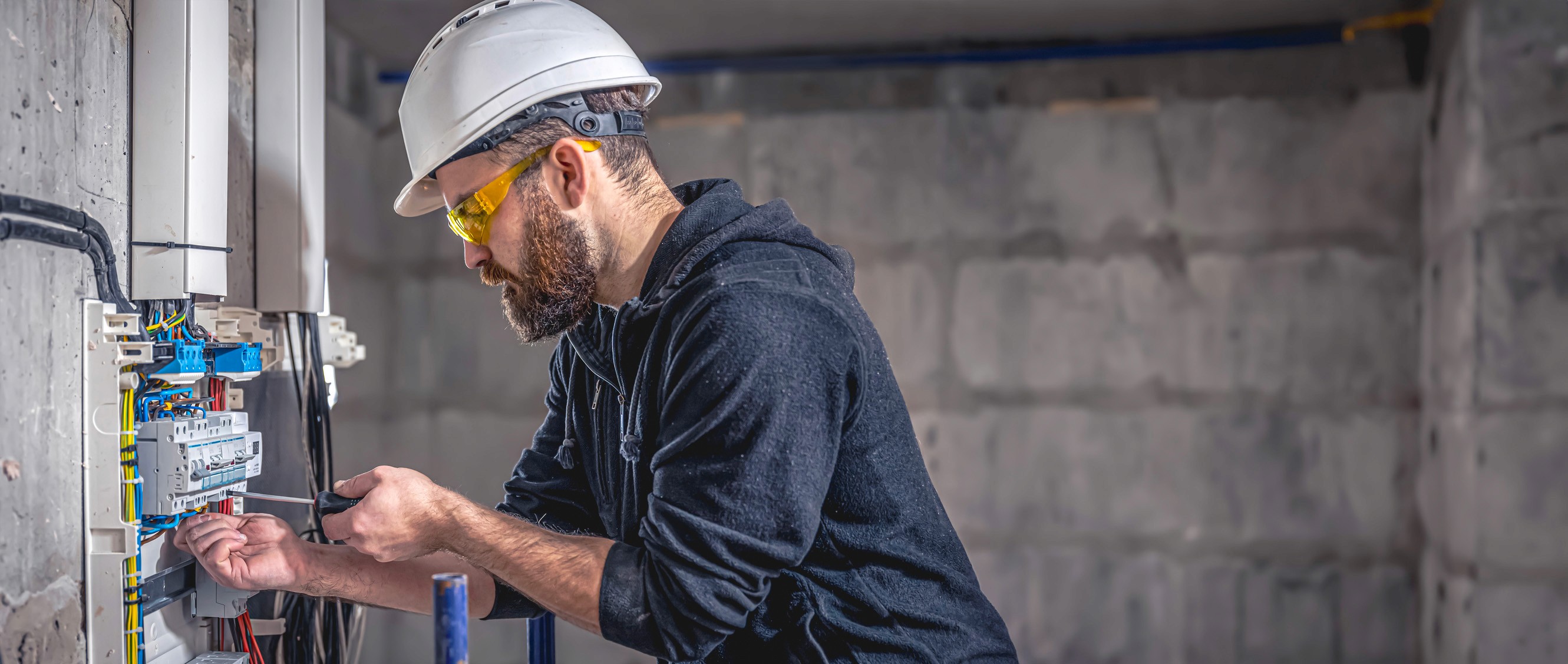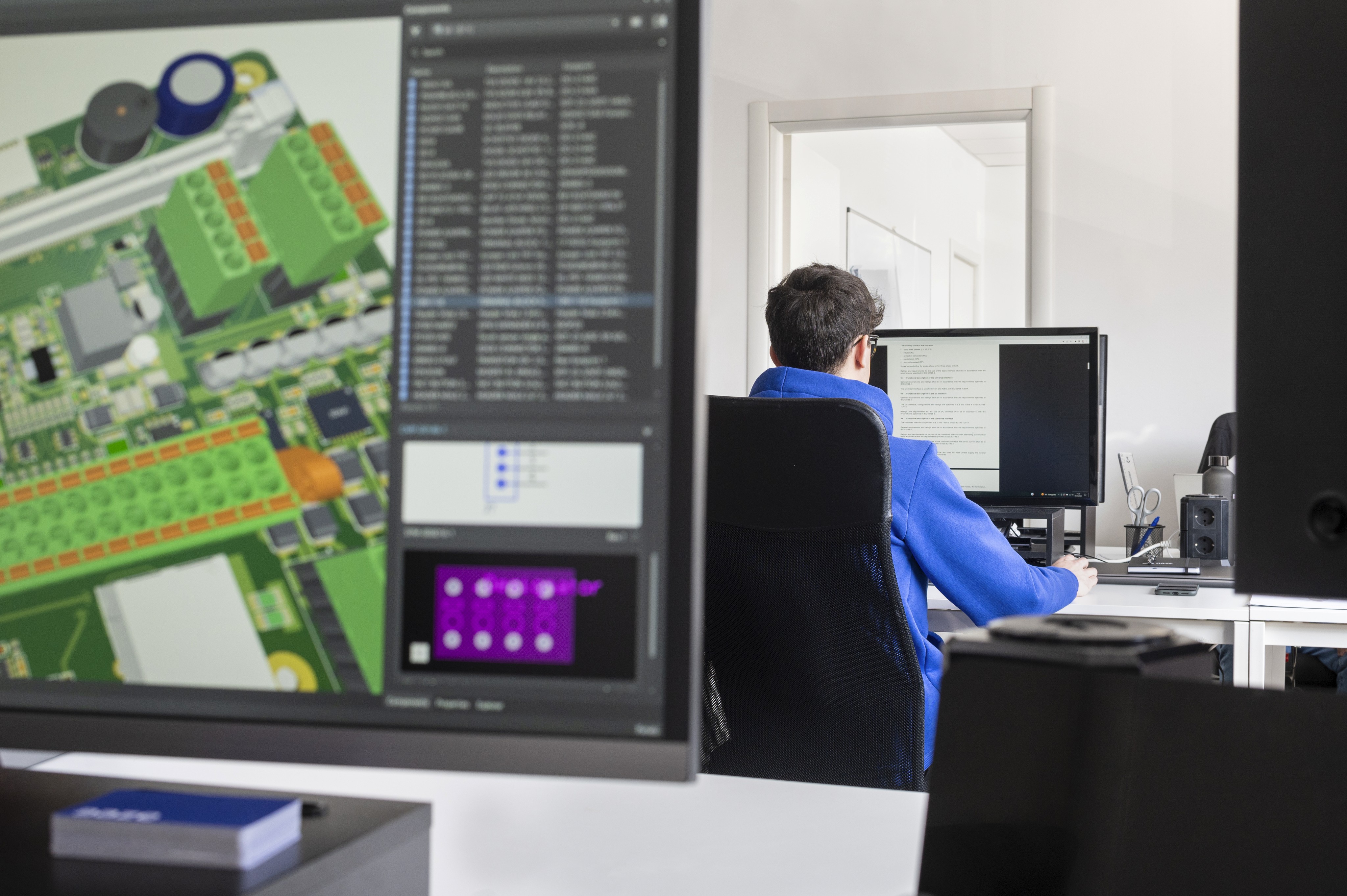App e MyDaze web portal
No matter how complex your installation. We have the right solution for your remote management.
5-star customer service
For us, your satisfaction is everything. And we prove this not only with the quality of our product, but also with our customer care team always ready to assist you in a timely manner.
How to be electric
I fattori chiave per gli installatori di colonnine di ricarica: sfide e opportunità
Scopri i fattori chiave per gli installatori di colonnine di ricarica: qualità/prezzo, assistenza tecnica, formazione, networking e facilità di installazione. Leggi il report completo di E‑Ricarica.
Jul 3, 2025
Read
Electric in progress
How to apply the DNSH principle to photovoltaic systems: benefits, procedures, and incentives
Discover what the DNSH principle is and how to apply it to photovoltaic systems: advantages, procedures, and necessary documents to obtain incentives and protect the environment.
Jul 2, 2025
Read
How to be electric
Sporty or smooth? The type of engine makes the difference.
Discover the differences in driving sensations between electric and combustion engines: acceleration, regenerative braking, noise, and response. What makes the electric driving experience unique?
Jul 1, 2025
Read























